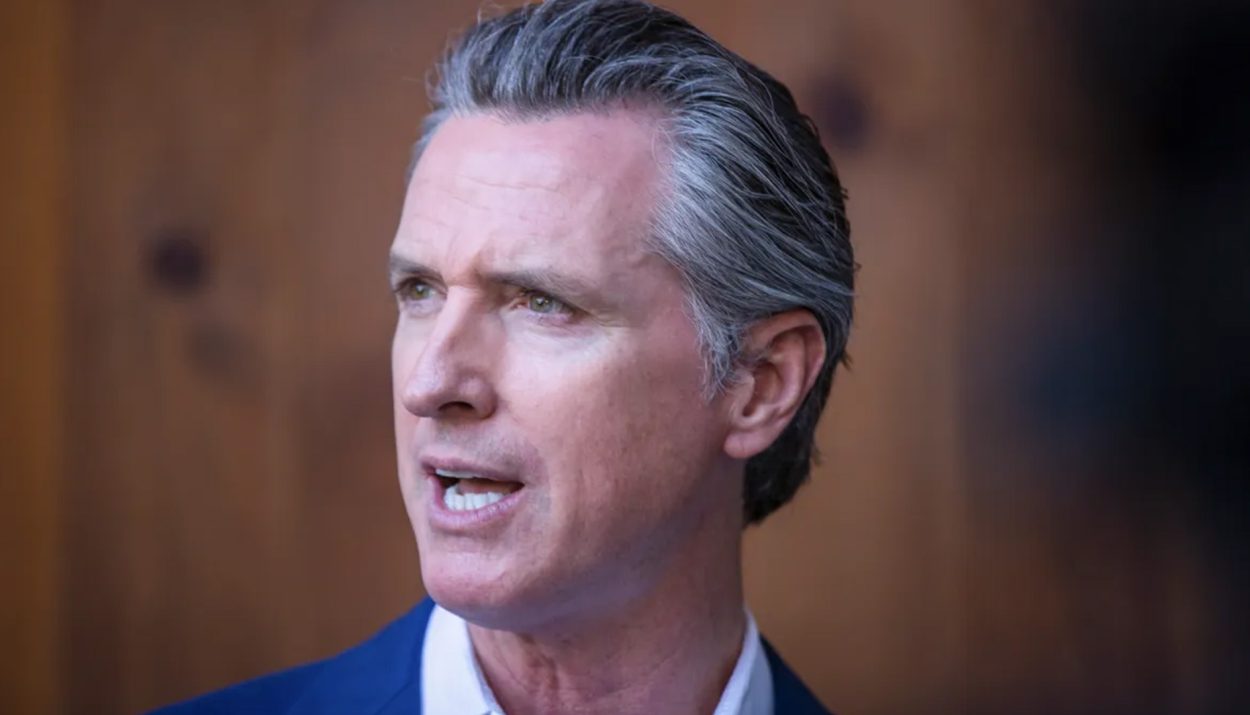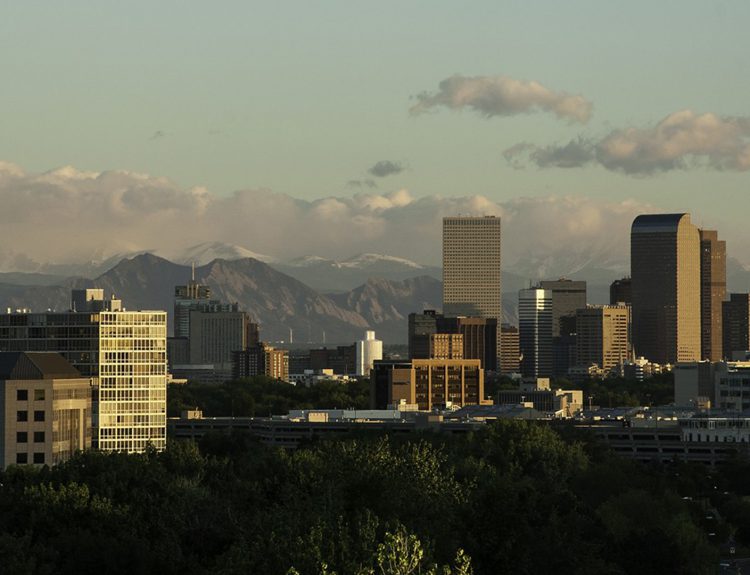As anticipated, the consequences of the minimum wage increase in California has played out as predicted, leading to a massive amount of layoffs in the fast-food industry. Several restaurants and eateries have made the difficult decision to layoff their employees in response to the wage hike.
Foster’s Freeze
For example,
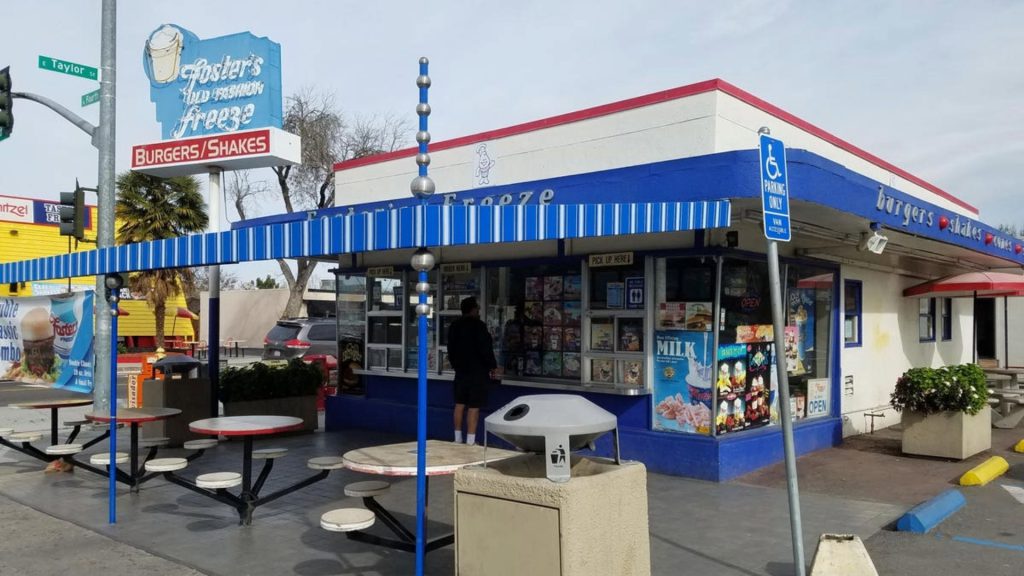
Foster’s Freeze employees experienced their wages going from $16 an hour to zero overnight, showcasing the unintended consequences of the wage hike.
Automation
Restaurants like Jack in the Box are exploring automation, things such as fryer robots, and automated drink dispensers, all of this in anticipation for further job cuts.

As a result of this, working hours are being reduced, and prices are on the rise industry-wide.
Pizza Hut
Pizza Hut franchisees announced that they had to cut 1,200 of their delivery drivers,
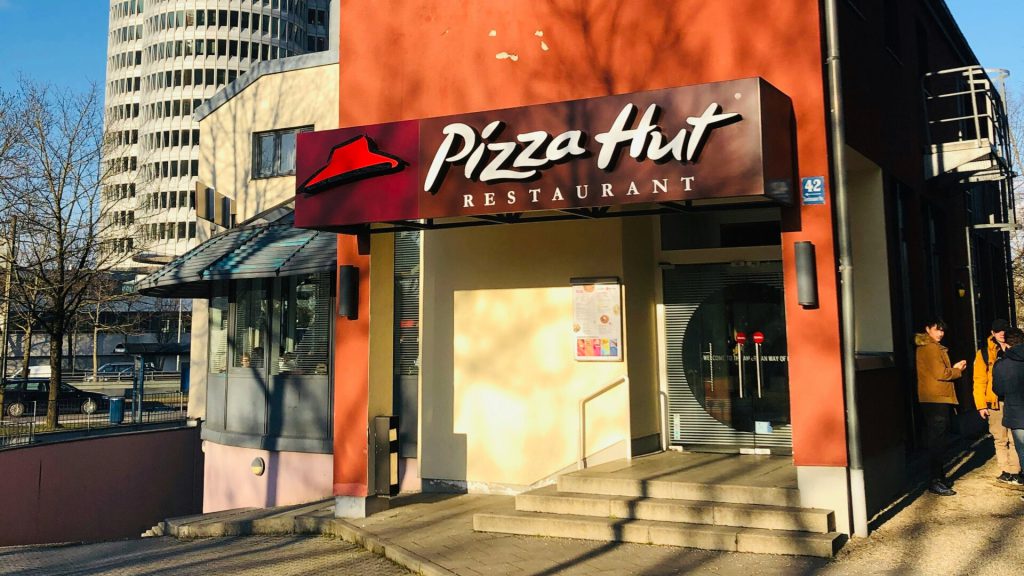
While other smaller companies such as Vitality Bowls in San Jose have reduced their staff by half.
Los Angeles Burger King
Per a report by The New York Post,

Prices at a Burger King located in Los Angeles, California have increased following the implementation of the new legislation.
Texas Double Whopper
For example, the cost of a Texas Double Whopper increased from $15.09 on March 29 to $16.89 on April 1, that is almost a $2 increase in a matter of just two days.

Much like the whopper, the price of the Big Fish meal hiked up to $4, jumping from $7.49 to $11.49, reflecting the exact rise in the hourly wage.
Menu Items
Per an investigation from The Post,
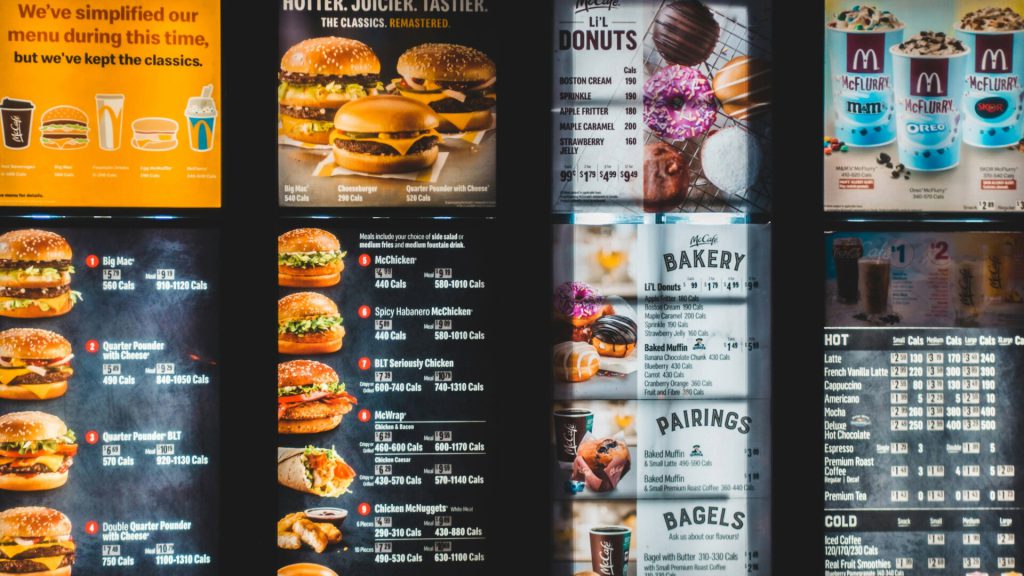
Other menu items saw price increases that ranged from 25 cents to a dollar.
Democrat
California is often seen as a laboratory for Democratic ideals, similar to other cities like Baltimore, Selma, Detroit, and Oakland.

The recent increase in the minimum wage for certain fast-food workers to $20 per hour, a 25% raise from $16, reflects this unchecked power, prompting many to question the state’s direction and leading some residents to consider leaving.
Adjusting Prices
Furthermore, these price increases were made with just two days of the law being enforced,
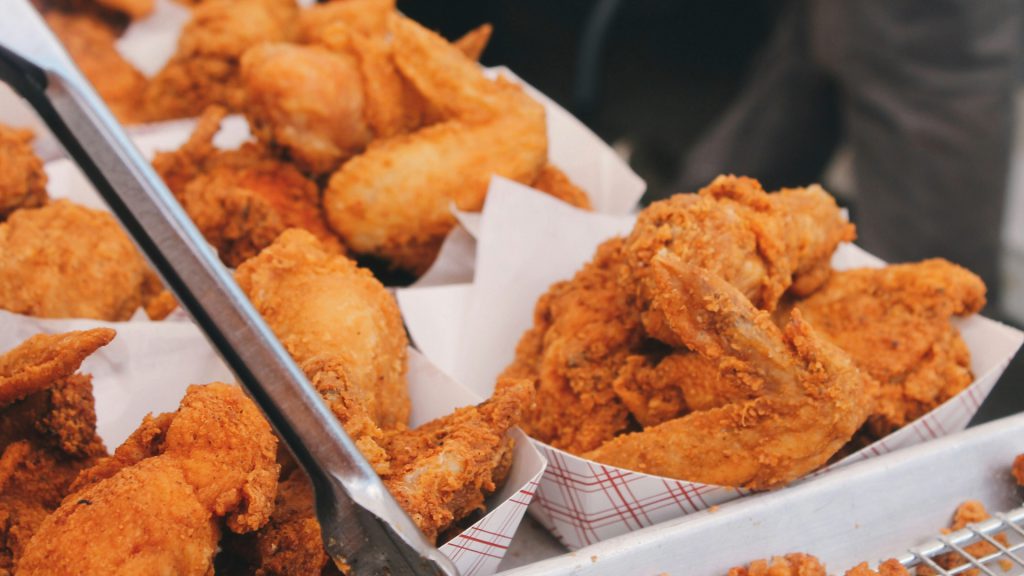
This only leads people to believe that there are more price hikes coming.
Advocates
Despite some advocates minimizing these price increases via social media, making the argument that 25 cents isn’t anything worth noting,
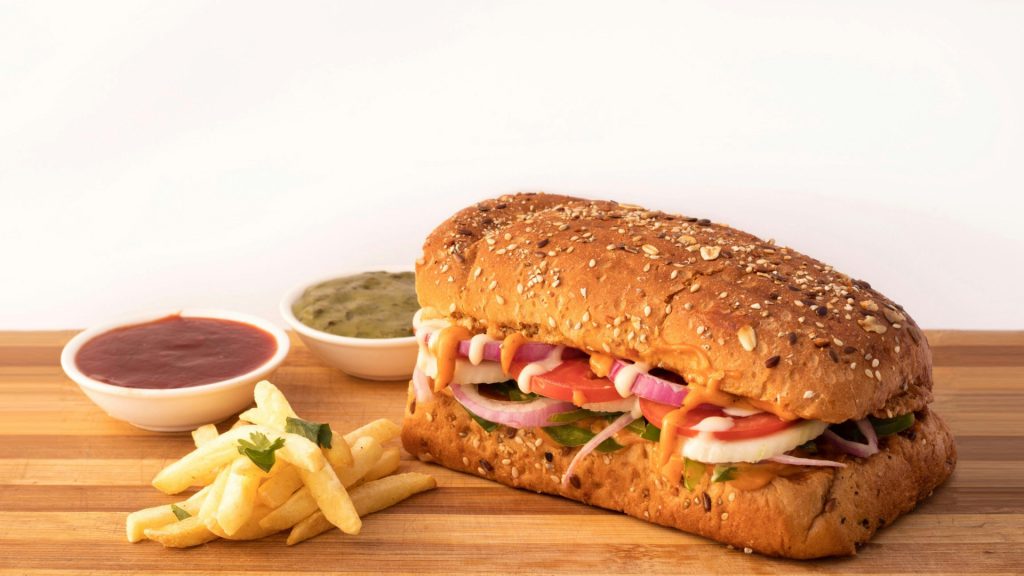
They are overlooking the fact that these increases represent a significant percentage of the items total.
Raising Canes
During a recent interview on CNBC, the CEO of Raising Cane’s, discussed the consequences of the new law on his business, which has led to price increases.
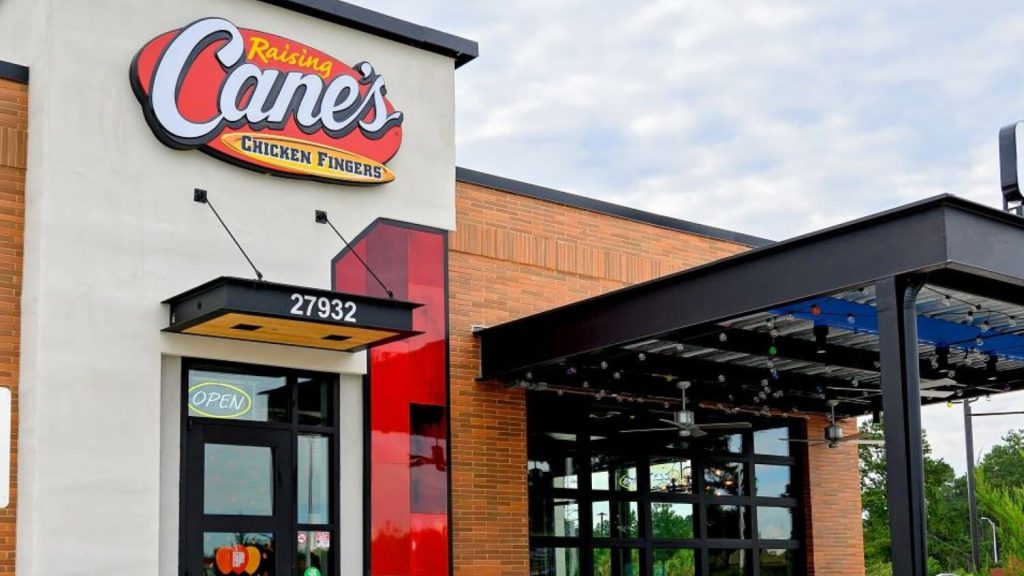
Surprisingly, the CNBC anchor posed a question that seemed to overlook the potential negative impacts of the legislation, focusing instead on the idea that raising prices could counteract the benefits of higher wages for minimum wage workers.
Response
The CEO’s response to the question lacked clarity, possibly due to the nature of the interview or a lack of attention.
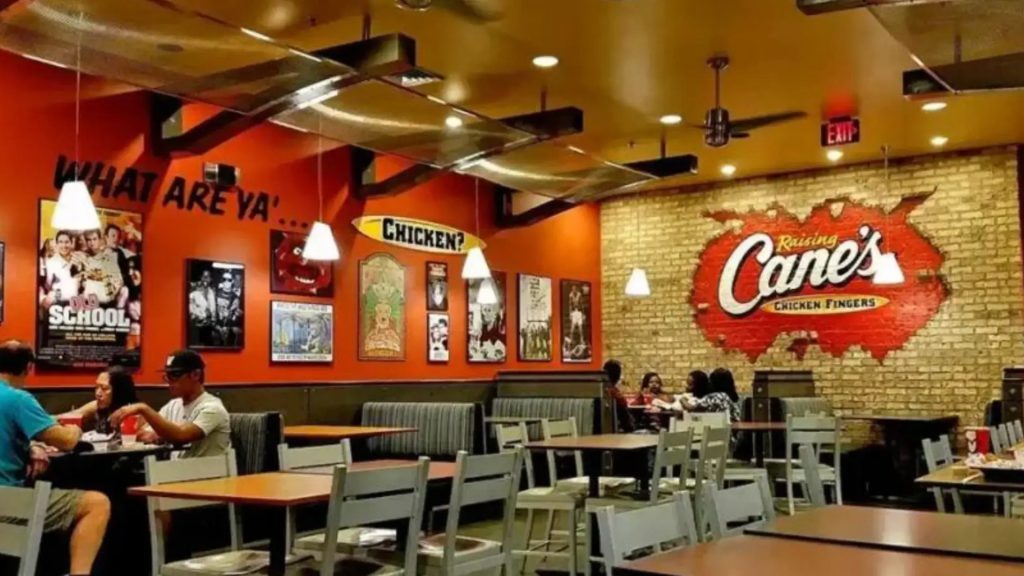
However, the anchor’s inquiry raised a thought-provoking point about whether increasing wages really benefits workers. If the law is just going to cause higher costs of living and dining, doesn’t it defeat the whole purpose of a wage raise?
Legislation Impact
The effects of the legislation are clear in the increasing number of employees that have been laid off as a result,

with more layoffs anticipated.
Economic Predicament
The reluctance to acknowledge this reality, even from prominent figures like the CEO of Raising Cane’s, highlights California’s economic predicament.

It seems as though many individuals in the state either lack an understanding of fundamental economic principles or are reluctant to face them openly.
A Significant 25%
Raising the minimum wage by 25% at a time when inflation is at an all time high is undeniably unwise.

It highlights the misguided attempt to move around the real challenges confronting Californians, but in reality, it only makes the situation worse.
Problems
Rather than facing the pre existing issues, this approach actually creates more problems.
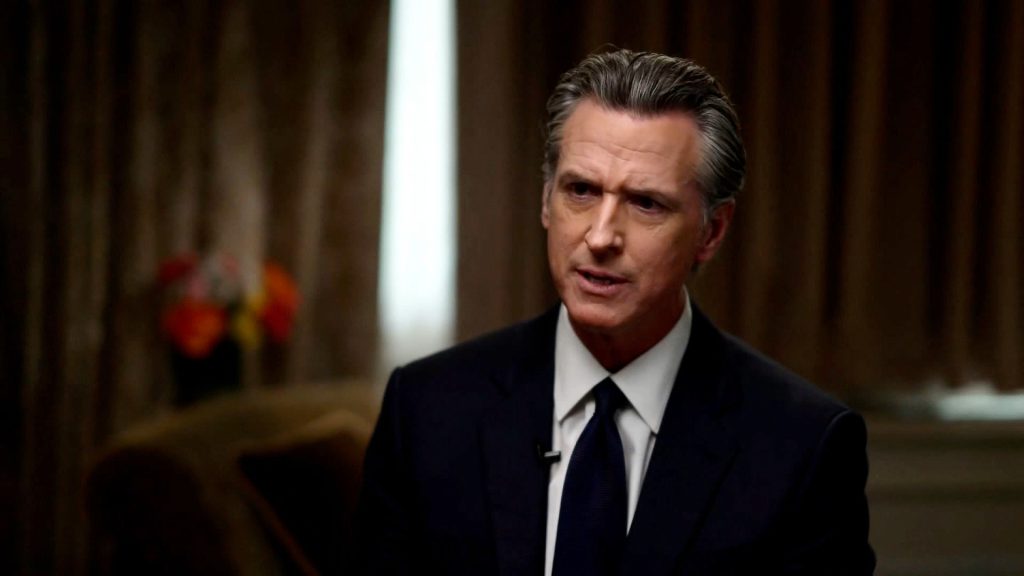
It’s a case of attempting to solve problems by inadvertently magnifying the very issues they aim to resolve, with no signs of stopping.
A Raise
However, the fast food workers directly impacted by these changes understand the situation well,

recognizing that the wage increase has not truly translated into a raise for them.
Rep. Barbara Lee
California Rep. Barbara Lee said, “Just do the math. Do the math, says the woman who apparently can’t add two plus two. She wants to mandate six-figure incomes for the people who run the cash register at McDonald’s.

You notice that she was asked about the economic sustainability of such a plan and did not pretend to even address that concern. That’s because it is, of course, not sustainable at all. $20 an hour isn’t even sustainable. $20 an hour has already caused a bloodbath of layoffs and price hikes. $50 an hour would simply be the end of commerce in California, which means the end of California itself. So, on second thought, maybe her plan has some benefits.”

